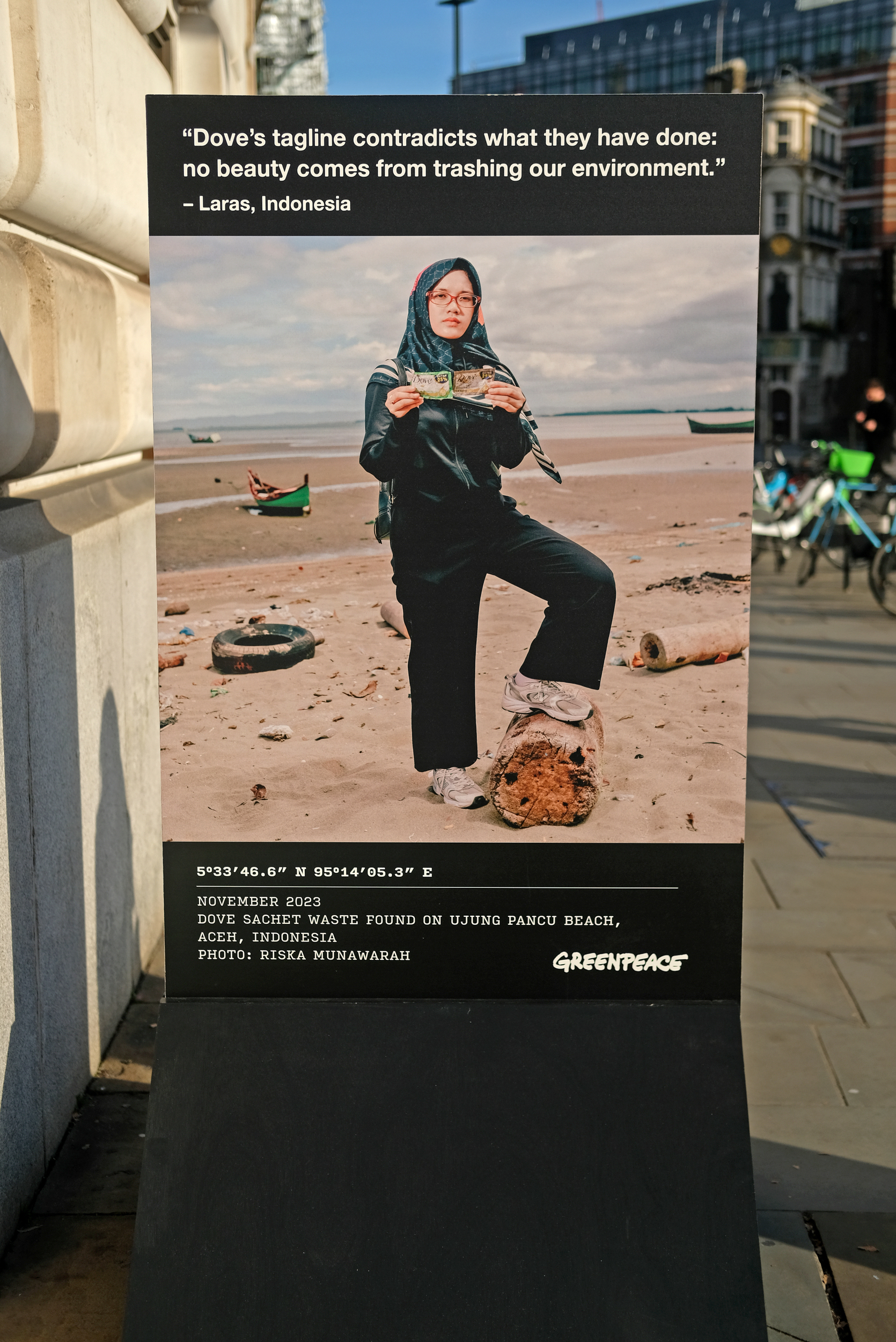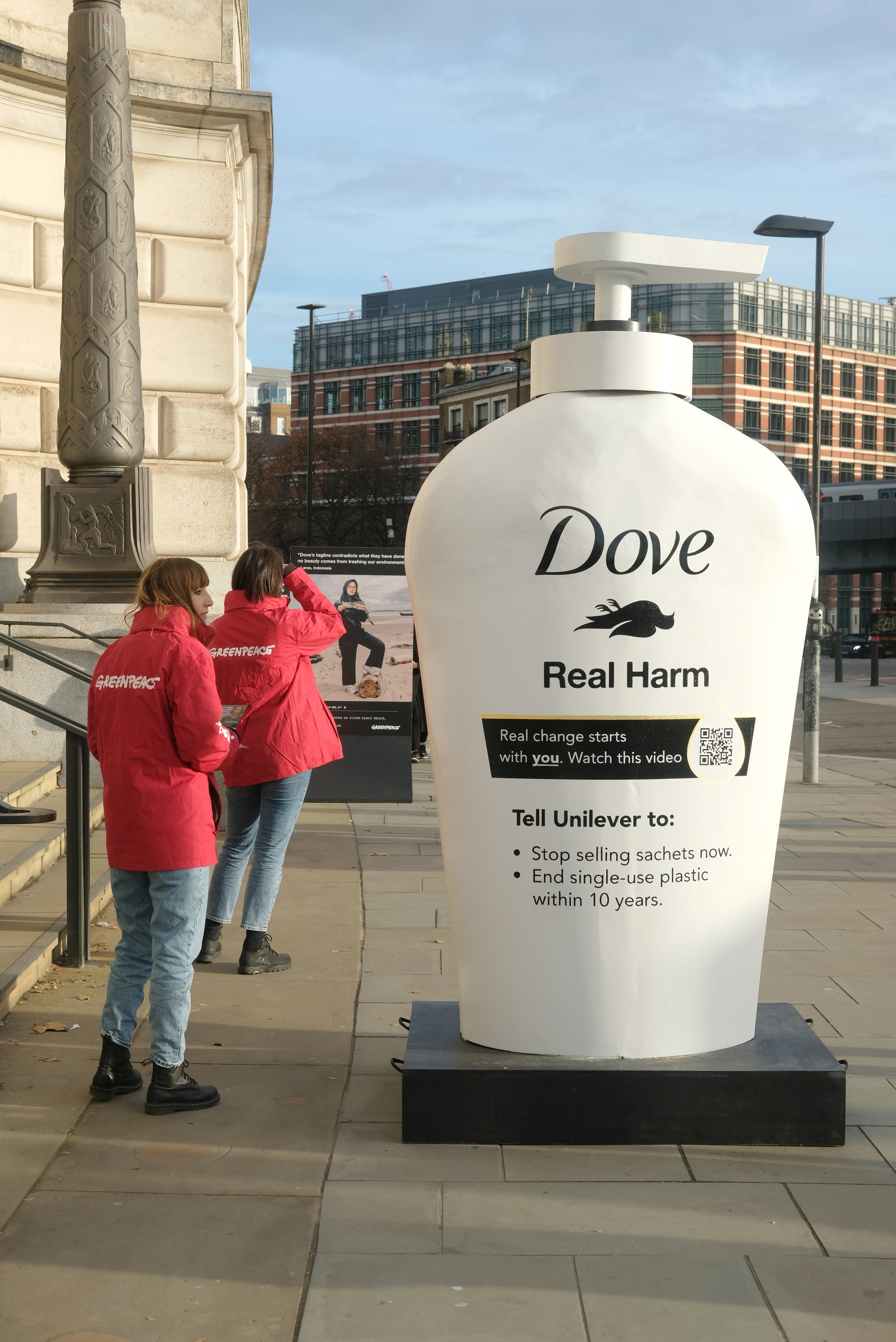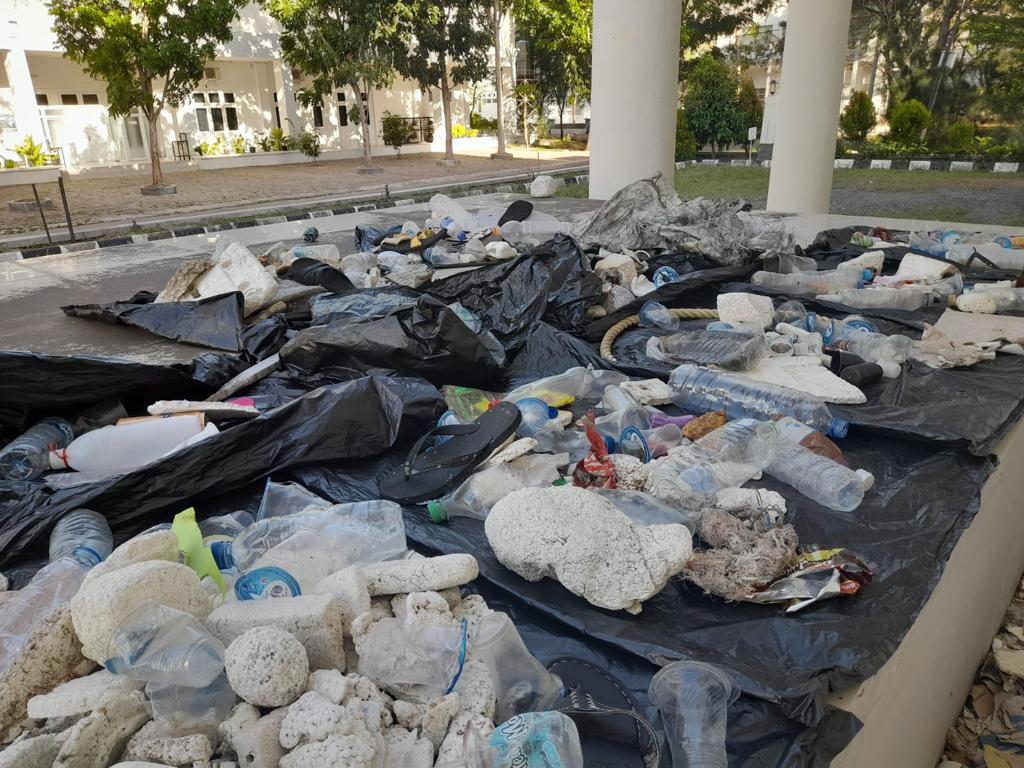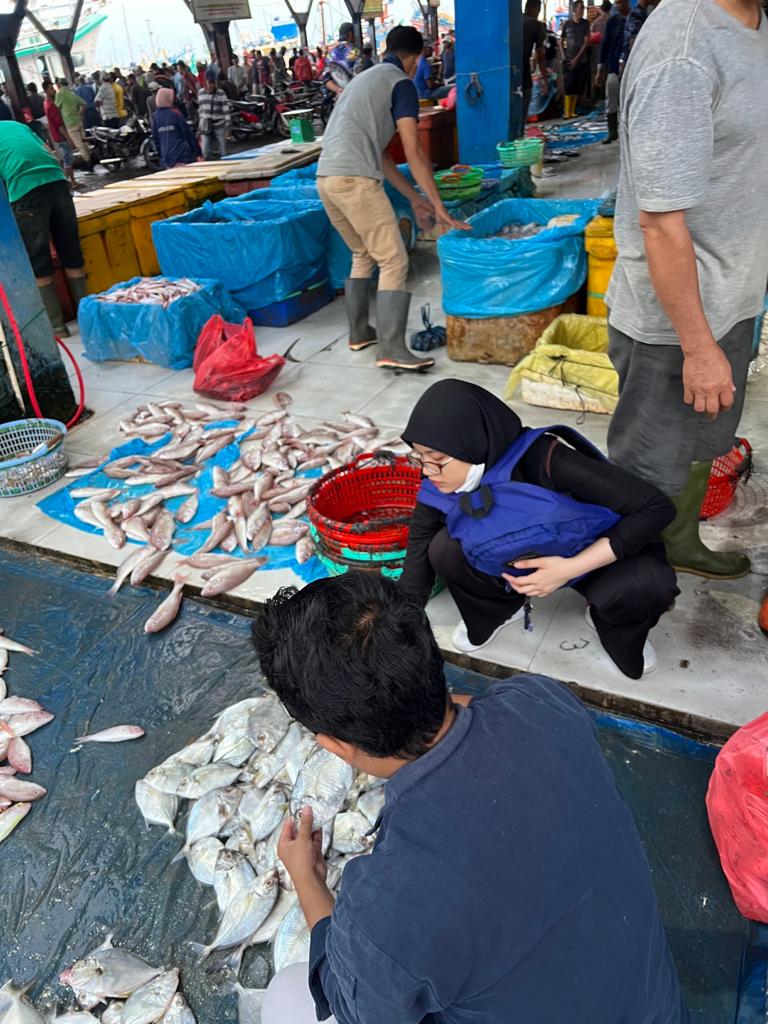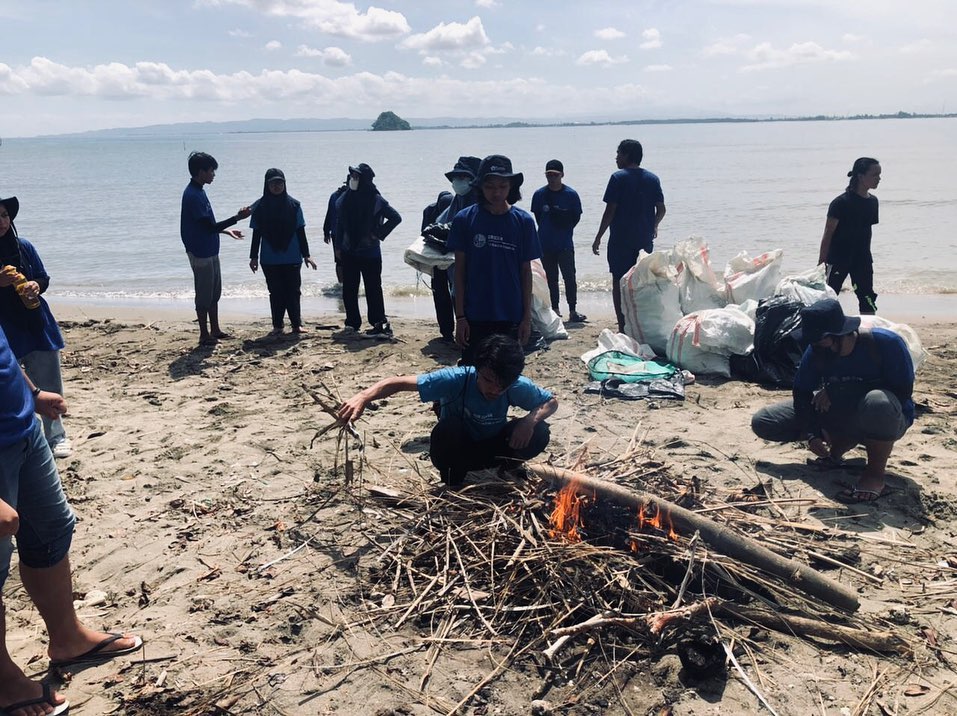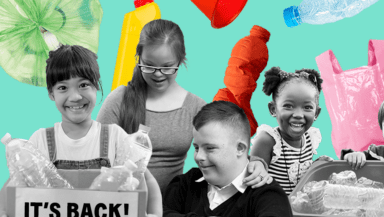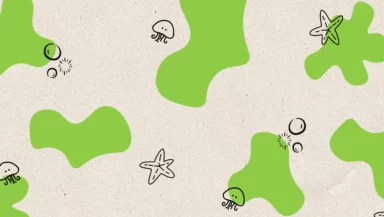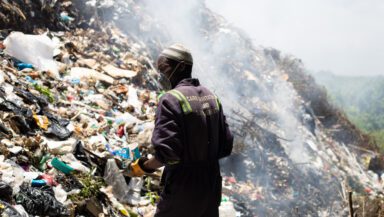Plastic waste in my country is hurting people’s health
I started getting into the issue of plastics five years ago, in 2019, at a zero waste workshop in my city in Banda Aceh.
That was the first time I learned the truth about plastic waste.
In Indonesia and in my city, every year, our trash grows – while only 7% of it plastic waste can be processed and broken down. And plastic waste makes up around 12. 54 million tonnes of trash in Indonesia alone [per year, data from 2022].
Some of it goes in landfill, but a lot of it’s littered on land near the shore and in the sea. In fact, Indonesia is the second-worst country for plastic pollution in the sea, after China. And some of this comes from countries like the UK.
Areas near landfill sites are really heavily polluted. It’s a major concern for the health of nearby communities, who are getting sick from living near these landfills, which are overflowing. I couldn’t even get a good picture of it – it was so big.
Single-use plastic cups littering the beaches
You know how they sell water in plastic bottles, right? Well here in Indonesia, they also sell water in a single plastic cup, with a peel-off lid to seal the cup. Indonesian people use them for every occasion.
It’s really cheap for 250 millilitres, it only costs Rp.500 [2p]. The clean water is actually just fine here, but people just love to buy them because it’s simple, cheap, and easily distributed.
But they are highly polluting. When I went to my project in 2022 for marine monitoring, this type of plastic waste was mostly what we found on the beach, on the shore.

